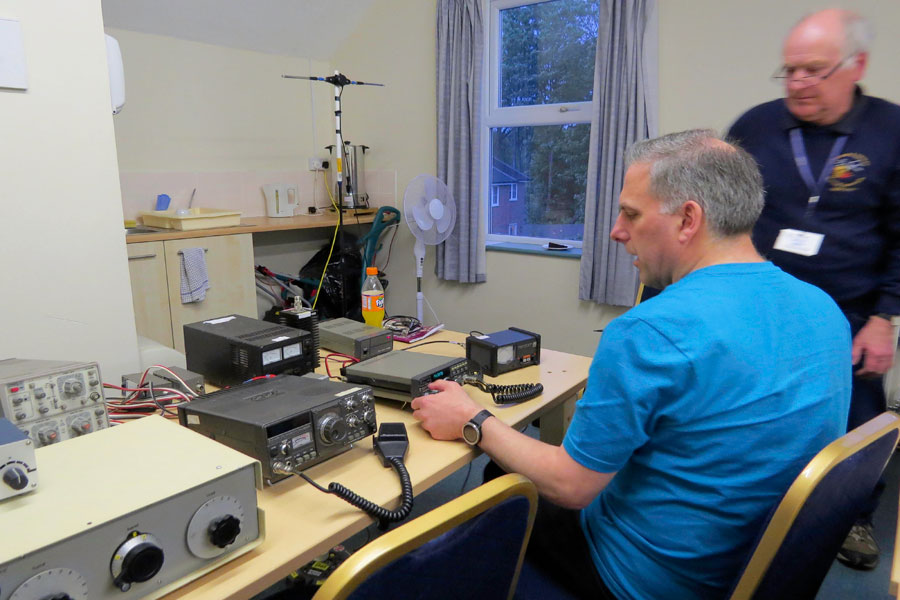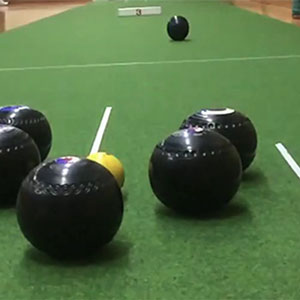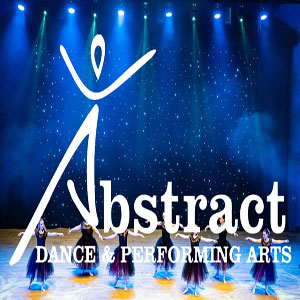HDARC Amateur Radio Club

The Horndean & District Amateur Radio Club, which is affiliated to the national society (RSGB - The Radio Society of Great Britain) was founded in 1975. It has maintained a steady (but changing) membership of around 40-50 people, these being predominantly licenced radio amateurs, but also includes short-wave listeners, together with those particularly interested in constructing radios and associated equipment, and others interested in radio communications using a variety of different techniques.
The hobby of amateur radio is unique in the opportunity and freedom it allows in developing and experimenting with radio communications equipment. Radio amateurs contact others in most other countries world-wide, where the hobby is permitted, and language need not be a barrier. Morse code is still popularly used by radio amateurs and this enables contact to be made using a series of radio-terms and codes which are universally understood. Voice contact is usually as easy, as English is the common tongue. Computer-based techniques are now also commonly used.
The hobby frequently leads to participants making lasting friendships both in the UK and worldwide. In this way it has also proved to be a great asset for those who are housebound, or who find mobility a problem.
There are over 60,000 amateurs in the UK, well over 2 million worldwide, and the number is increasing. To become a licenced radio amateur in the UK, it is necessary to pass a simple multiple-choice test. If successful, a "Foundation" grade of licence is issued, by OFCOM (the communications agency). Further tests enable progress through the "Intermediate" grade and finally to the "Advanced" grade of licence, which then gives full access to all the amateur bands. The licence which allocates a unique callsign, lists the rules under which radio amateurs are allowed to transmit. This includes the permitted frequencies, depending on the class of licence held, and there are more than 25 bands of frequencies allocated to the Amateur Service, covering the short waves, VHF bands, and microwaves. The modes of transmission include voice, morse, data, television, and communication using satellites. Something for everyone!
Meeting Dates & Times
1st Friday Monthly Mondays 7.00pm to 9.30pm MAIN HALL & UPSTAIRS ROOM
3rd Friday Monthly Mondays 7.00pm to 9.30pm MAIN HALL & UPSTAIRS ROOM
Find Out More
You can find out more about this group by visiting their own website link or calling them directly.


